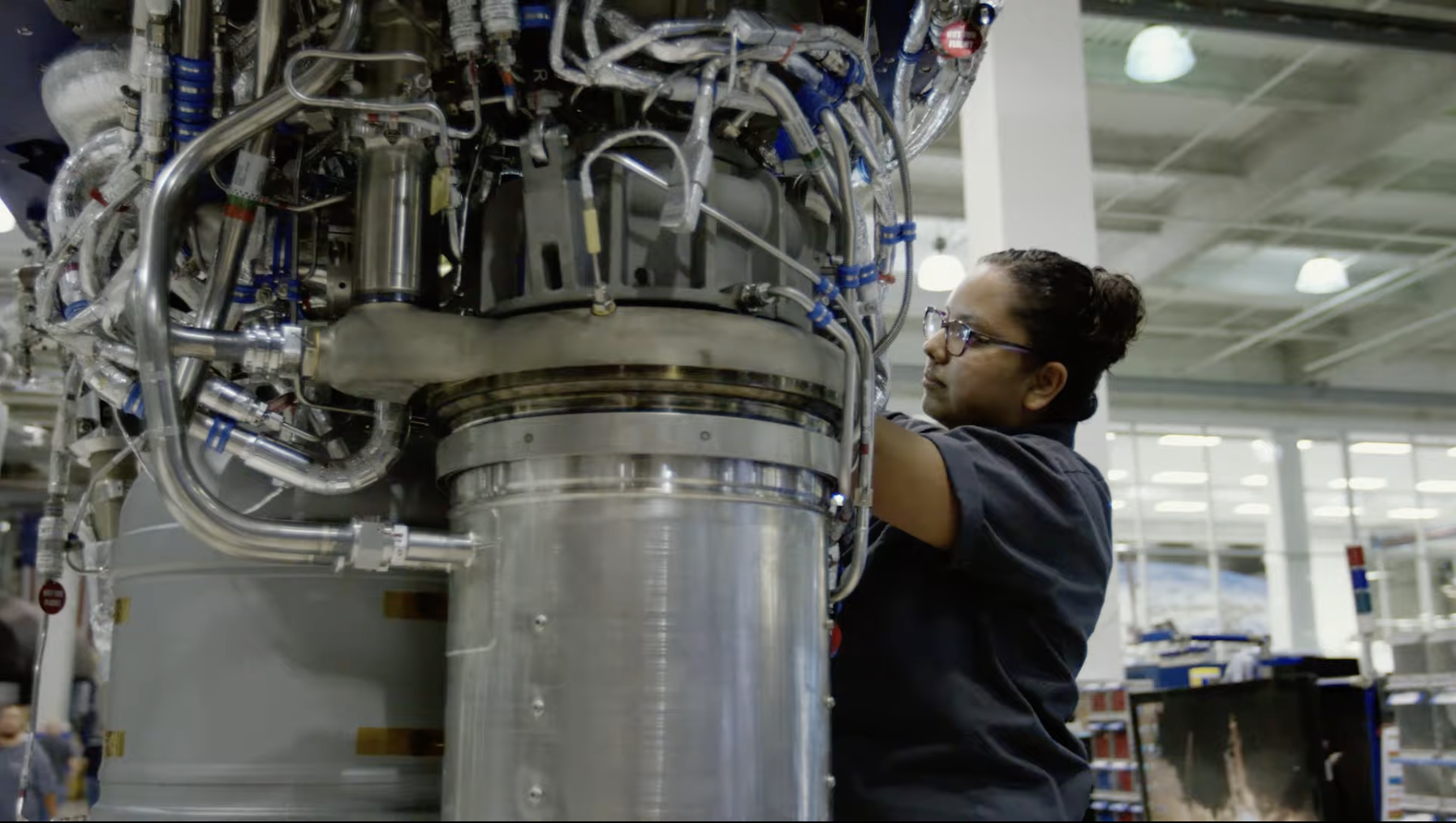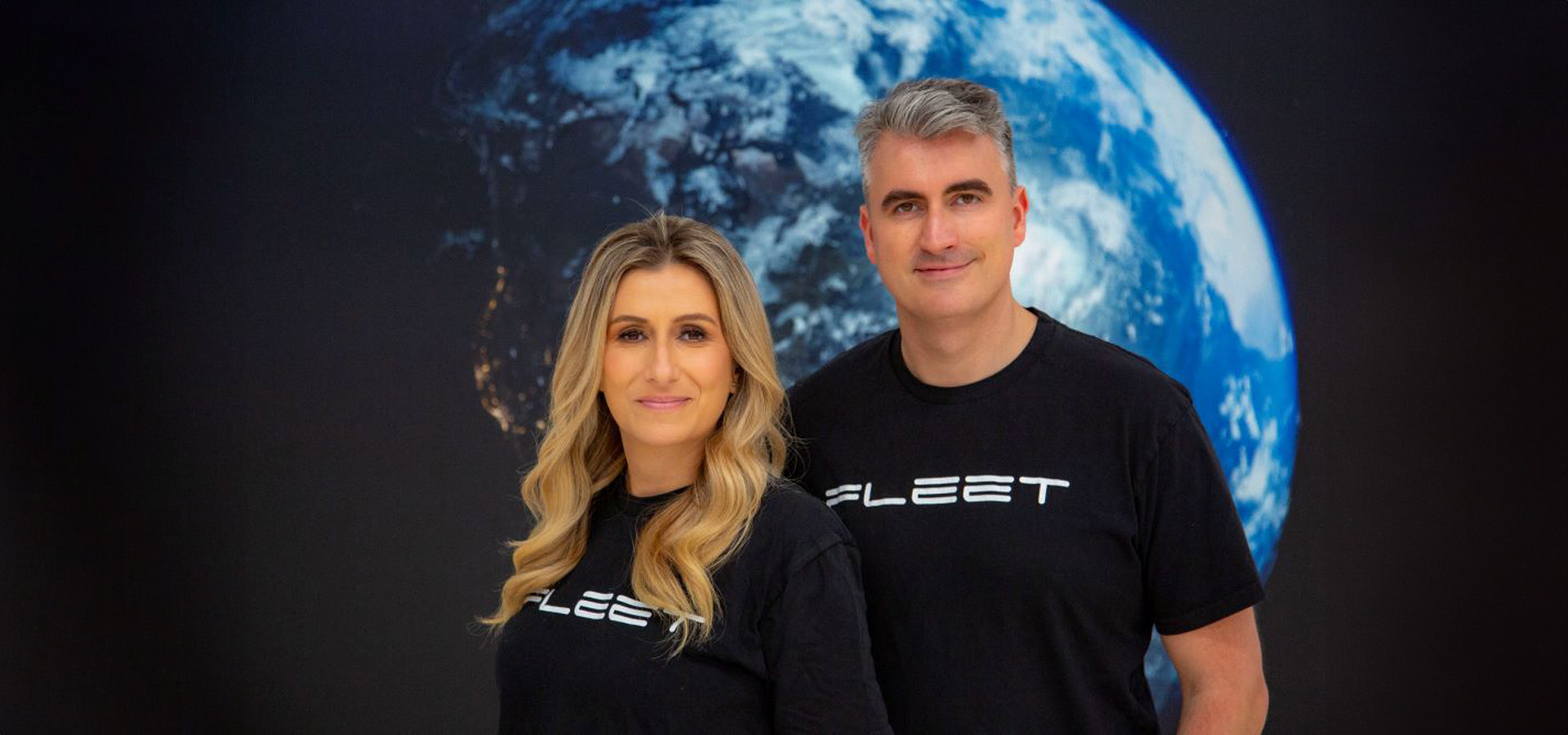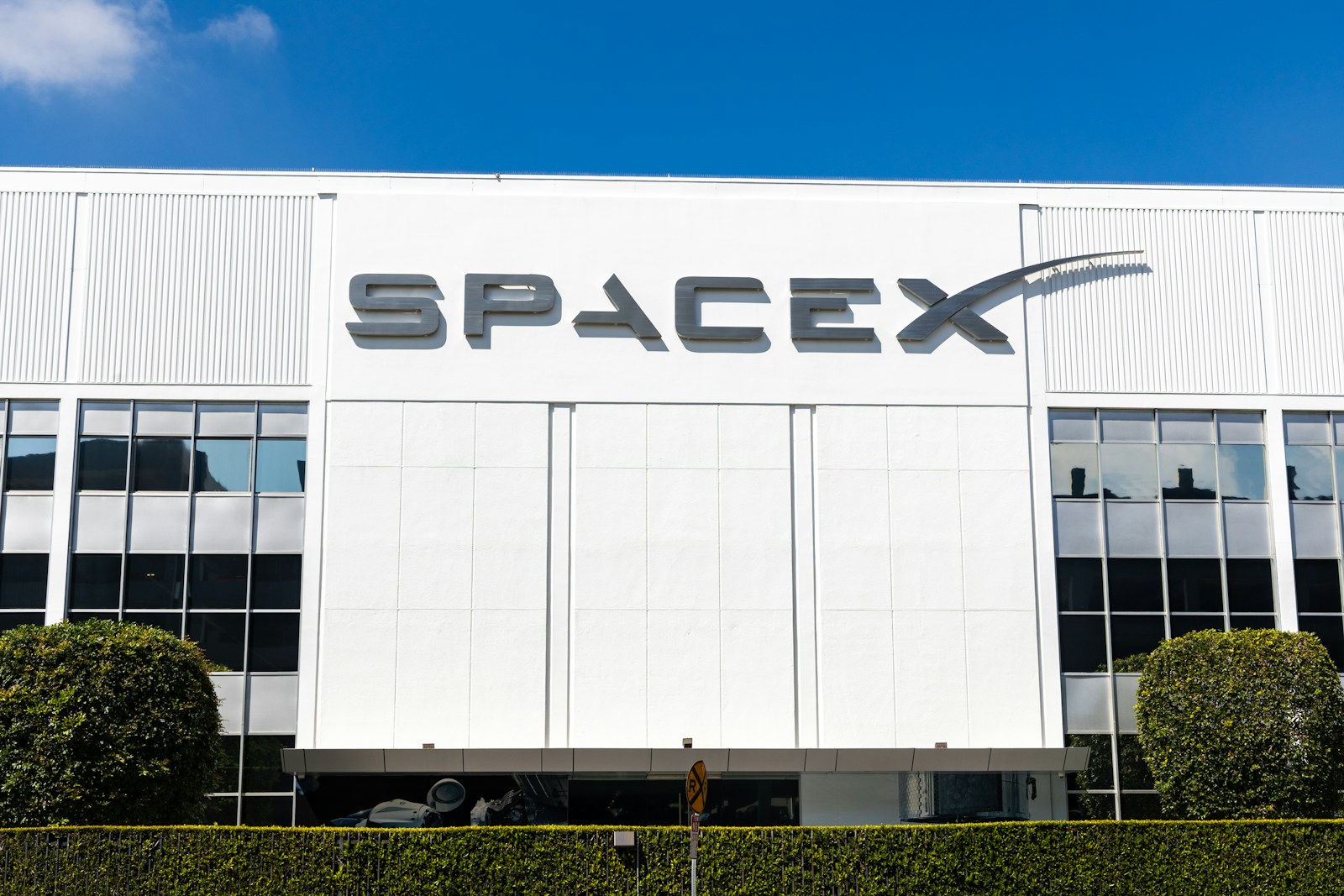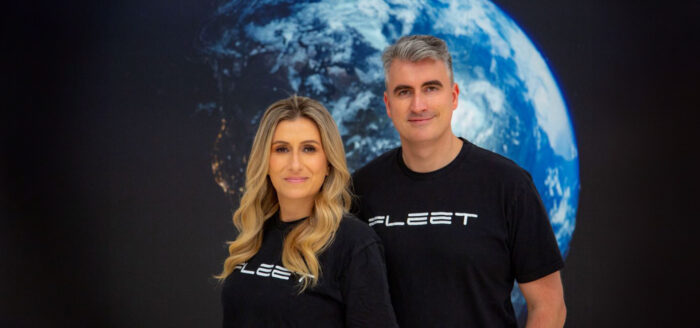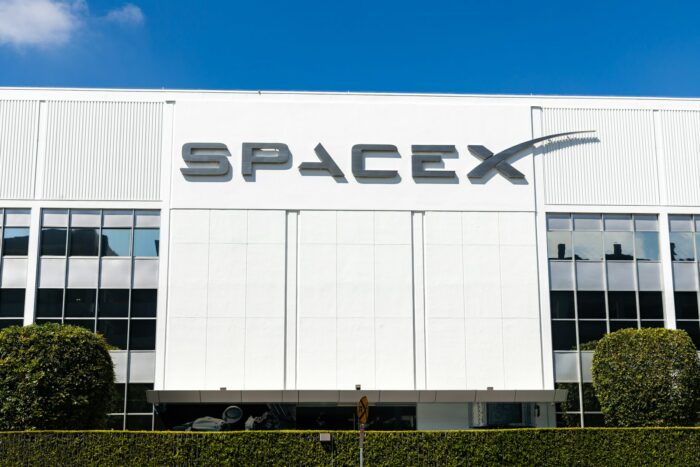The space industry is rapidly expanding, with several companies entering the field and pushing the boundaries of what we can achieve in space exploration and technology. With this growth comes an increasing demand for skilled and passionate individuals eager to work in this exciting and challenging field. If you want to work for a space corporation in 2023, you may be wondering how to get started.
This article compiles a list of the 10 best space companies to work for in 2023 based on growth potential, company culture, employee satisfaction, and industry recognition. Whether you are a recent graduate or an experienced professional, this list will give you a great starting point for your job search in the space industry.
History of Space Companies
Space firms have existed since the mid-twentieth century when the United States and the Soviet Union launched a race to explore and ustilize space. The following are some major turning points in the evolution of the space industry:
1957: Sputnik 1, the first artificial satellite, was launched into orbit by the Soviet Union. This sparked renewed interest in space travel and the establishment of new space-related businesses in the United States.
1958: NASA (National Aeronautics and Space Agency) was established to supervise the country’s space program. Since then, NASA has become a significant client for space firms, sponsoring new technology research and development.
1961: Yuri Gagarin made the first human trip into space on a Soviet spacecraft. The increased funding and public interest in space exploration that followed this event led to the creation of many new space companies in the United States and the Soviet Union.
1969: NASA’s Apollo 11 mission put astronauts Neil Armstrong and Edwin “Buzz” Aldrin on the moon in 1969. This accomplishment cements the United States’s status as a space exploration leader and encourages more investment in space enterprises.
1972- NASA’s last human trip to the moon and the Apollo program’s closure resulted in decreased financing for space enterprises and a change in emphasis toward uncrewed missions and satellite technologies.
1982- NASA launched the Space Shuttle program. The Space Shuttle has become an important aspect of NASA’s space program, and there have been several innovations in the design, production, and maintenance processes.
The 1990s – The commercial space sector emerged to explore new space technology and launch services.
The 2000s- The development of new technology, such as reusable rockets and small satellites, increased competitiveness and innovation in the space sector.
Today, space firms continue pushing the frontiers of space exploration and commercialization, with new entrants and existing organizations pursuing ambitious initiatives. The history of space corporations demonstrates that space exploration is a joint endeavor between government agencies and commercial firms motivated by a desire to enhance human knowledge and capabilities.
10 Best Space Companies to Work for This Year
With the space industry growing exponentially in recent years, there are more chances than ever before for anyone interested in pursuing a career in space. As of 2023, we have compiled a list of the 10 best space companies to work with.
These firms, ranging from established companies to up-and-coming startups, provide fascinating possibilities to work on cutting-edge projects and contribute to the future of space exploration. Whether you’re an experienced professional or just starting out, you will find a firm on our list that matches your abilities and interests.
1. Epsilon3
Epsilon3 is a tech firm specializing in space exploration with a proprietary spaceship operating system and other space-related software. Their talented team stems from diverse backgrounds at companies such as SpaceX, Google, and other well-known organizations.
The team uses its expertise to develop tools to make testing and operations more streamlined and reliable. Their initial milestone is a web-based system for monitoring and controlling operational and testing processes.
Epsilon3 has secured funding from industry heavyweights, including Y Combinator, widely regarded as the world’s premier startup incubator. The company is now valued at US $60-$90 million and has a strong talent base consisting of brilliant engineers who bring considerable skills. The firm’s goal of improving spaceship testing and operations via software development can potentially revolutionize the space sector. Moreover, Epsilon3’s progressive policies towards diversity, sustainability, and inclusion make it an attractive place of employment for those who want to make a difference in the world.
The organization is always testing new concepts and expanding the limits of space technology. As a result, staff members participate in initiatives with potentially transformative effects on society.
Epsilon3’s commitment to environmental responsibility is another perk of working there. The corporation has promised to create green technologies and lessen its environmental impact.
Reported number of employees: Up to 30.
Estimated salary ranges: The typical Epsilon pay varies from US $52,742 for an intern to US $432,061 for a Senior Vice President.
Other Benefits:
- WFH and remote-friendly
- Large equity grants
- Considerate vacation/leave policy
- Health-oriented programs
Visit company’s profile page.
2. Launcher
Launcher was founded in 2017 as a space technology firm to launch low-orbit satellites. The business has made headlines for its work on a rocket powered by a liquid fuel that would allow for inexpensive satellite launches for small spacecraft.
The company’s rocket engine is one of a kind since it is 3D-printed and runs on liquid oxygen and kerosene. Because of this technology, Launcher can provide affordable options for companies wishing to launch small satellites.
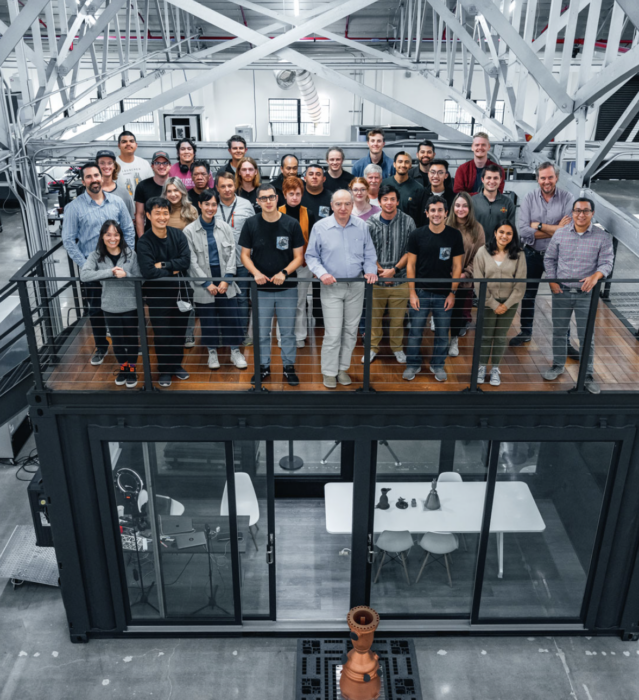
Launcher has managed to raise around US $15 million through several fundraising rounds. Due to its success and promising future, the firm has been acquired by Vast, and the talented employees have joined forces to “make commercial space habitation a reality,” according to Vast CEO Jed McCaleb.
Launcher’s creative approach to space technology and dedication to offering cost-effective solutions make it a desirable place to work for for those with experience in the sector. The company’s commitment to environmentally friendly methods is one of its distinguishing characteristics.
The firm is dedicated to research and development, always testing new concepts and expanding the limits of space technology. Workers are offered the chance to participate in innovative and world-changing endeavors. The organization is committed to fostering a diverse and inclusive workplace.
Professionals who want to make a difference in space technology will find it appealing to work for Launcher because of its emphasis on innovation, sustainability, diversity, and work-life balance.
Reported number of employees: 51-200.
Estimated Salary ranges: US $70,500 – US $110,000 per annum.
Other benefits include family health insurance and paid time off with 20 vacation days + 5 sick days + 11 federal holidays.
Visit company’s profile page.
3. Relativity Space
Relativity Space is a cutting-edge space tech firm ushering in a new age of rocket production with 3D printing. The firm has already established itself as a global leader in the aerospace sector, with over 700 + workers and numerous strategic alliances with other industry giants.
Relativity Space’s cutting-edge use of 3D printing in rocket production is poised to shake up the space technology sector completely. Avionics Engineer, Propulsion Engineer, and Design Engineer are just a few high-paying positions available at the corporation, with average annual salaries of US $112,350.
Relativity Space has helped to establish several new positions in the aerospace and military sector, all of which provide competitive pay, health benefits, and the chance to advance professionally in a welcoming and diverse workplace.
The company is an excellent place to work for partly because of its dedication to innovation when it comes to rockets. Compared to more conventional rocket production techniques, the company’s 3D printing technology provides numerous benefits.
Reported number of employees: 700 +
Estimated salary ranges: The typical income at Relativity Space varies from about US $107,280 per year for a Mechanical Engineer to US $149,415 per year for a Lead Engineer.
Other benefits: High-quality health, dentistry, and vision care coverage, as well as an extra stipend for employee wellbeing.
Visit company’s profile page.
4. SpaceX
SpaceX, known to be one of the best space companies in the world, is considered by many to be the undisputed industry leader in space travel and exploration. Elon Musk’s company, founded in 2002, pioneered many cutting-edge space technologies and initiatives.
At SpaceX, there are numerous interesting and rewarding careers available. To achieve organizational goals, the corporation promotes an atmosphere where employees feel comfortable talking to one another and working together. The company offers generous compensation, benefits, and opportunities for career advancement.
According to a report by Zippa, the employees stay at SpaceX for around 3.6 years, which can be attributed directly to the company’s supportive culture. Health insurance, retirement plans, and opportunities for professional growth are just a few of the benefits SpaceX provides that help keep employees happy and loyal to the company.
Because of its cutting-edge initiatives and commitment to quality, SpaceX is an excellent place to work if you want to make a difference in space transportation and exploration.
Working on innovative initiatives shaping space travel’s future is one of the many advantages of working at SpaceX. The firm’s employees are at the forefront of some of the most exciting advances in space technology, such as the design and development of reusable rockets and the development of interplanetary spaceships.
Reported number of employees: 9500.
Estimated salary ranges: SpaceX offers average annual salaries between US $70,716 and US $136,499.
Other benefits: SpaceX provides a range of benefits to its employees, including gym discounts, health and life insurance, paternity leave, sick leave, dental insurance, free drinks, 401(k), ESPP, and bikes on campus.
Visit company’s profile page.
5. Blue Origin
Jeff Bezos’ private spaceflight company, was founded in 2000. Its mission to make space travel affordable to the general public has shaken the space industry. Blue Origin’s progressive beliefs, creative activities, and substantial incentives create a great workplace.
The company’s forward-thinking and innovative strategy has propelled the firm to the forefront of technology. This has resulted in several industry firsts. Blue Origin has become a technology leader due to its dedicated and inventive workforce, always looking for new ways to push the boundaries of what is possible.
The firm’s endeavors pique the interest of more than just potential employees. Blue Origin is involved in several exciting projects. Reusable rockets, lunar rovers, and space tourism are only a few examples. Those who participate in these endeavors will help shape the future of spaceflight technology.
Working for Blue Origin has advantages, such as a comprehensive benefits package. Employees are well compensated and have access to health and retirement benefits. The firm provides several opportunities for training, advancement, and leadership development as part of the company’s commitment to its employees’ long-term careers.
Reported number of employees: Around 6000.
Estimated salary ranges: Blue Origin pays its employees an average annual salary of US $77,252, with the upper end reaching US $159,479.
Other benefits: Benefits offered by Blue Origin include medical, dental, optical, 401(k) and disability insurance, as well as basic and supplementary life insurance.
Visit company’s profile page.
6. SpinLaunch
Space technology firm, SpinLaunch has introduced a novel launch mechanism. The company offers a welcoming and collaborative work environment, providing its employees with flexible working hours, comprehensive medical benefits, a 401(k) retirement plan, and possibilities for professional growth and development.
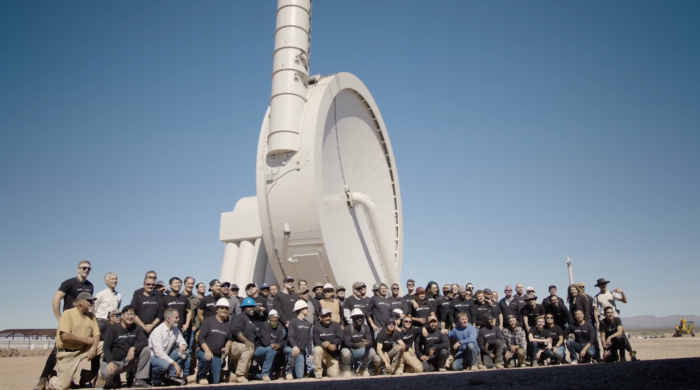
SpinLaunch has received considerable investment and backing from prominent venture capital companies, including GV and Kleiner Perkins, due to its revolutionary approach to space technology. This groundbreaking launch method, which uses kinetic energy to propel payloads into space, can potentially transform the space industry by lowering space mission costs and environmental effects.
SpinLaunch has also raised considerable funding for its ventures, namely, US $75 million. With this financing, the firm has been able to develop and enhance its cutting-edge launch technology, replacing conventional rocket launches.
Working at SpinLaunch provides employees the opportunity to collaborate with some of the most devoted people in the business, as well as to contribute to a major project that has the potential to change the future of space launch.
Reported number of employees: 120-180.
Estimated salary ranges: The total pay for an Aerospace Engineer at SpinLaunch is US $138,268 per year.
Other benefits:
- Medical, dental, and optical coverage.
- Life insurance.
- Paid vacation and holiday time.
- Work-life balance encouraged via flexible working hours and remote work opportunities.
- Savings program for retirees to help them plan for the future.
- Stock options.
- Professional development resources, a great way to keep employees engaged and motivated.
- Working in an enjoyable and collaborative environment, where ideas may flourish.
Visit company’s profile page.
7. United Launch Alliance (ULA)
United Launch Alliance (ULA) is an American spaceflight corporation serving government and commercial clients by providing launch services. ULA is an aerospace industry powerhouse founded in 2006 as a joint venture between Lockheed Martin Space and Boeing Defense, Space & Security. With over 135 launches and a perfect record of success, the firm has made a name for itself in the aerospace sector.
ULA is not just a frontrunner in its field but also well-known for its competitive benefits package. The employment of nearly 2,500 individuals has resulted in US $1.3 billion in revenue for the company.
Its health insurance is one of the best, covering medical care, dental and optical needs. With a competitive salary and benefits package, ULA offers its workers a 401(k) plan with a substantial corporate match. Furthermore, the company provides its employees with paid time off, such as holidays and vacations, encouraging them to balance their professional and personal lives.
ULA also provides medical, financial, and educational benefits, while helping its employees to advance in their careers by providing them with on-the-job training, tuition reimbursement, and internal promotion chances, among others. ULA fosters an inclusive and friendly workplace for all by prioritizing diversity.
Reported number of employees: Approximately 2,700.
Estimated salary ranges: The average United Launch Alliance (ULA) salary ranges from approximately US $45,438 per year for the position of Compliance Officer, to US $154,566 per year for an Engineering Manager.
Benefits:
- Medical/Rx, dental, and optical insurance.
- Accounts for expenditure on health care and dependant care.
- Basic life insurance, optional and dependant life insurance, accidental death and dismemberment insurance, as well as business trip accident insurance.
- 401(k) plan.
- Paid vacations and holidays.
- Reimbursement for tuition.
- Legal aid program.
Visit company’s profile page.
8. Astroscale
Astroscale is a business focusing on eliminating the dangers caused by space debris and preventing its re-emergence by developing and deploying innovative technology and services. Since 2013, the firm has rapidly expanded to becoming the industry standard for cleaning up space debris. Astroscale is home to a multicultural and multinational workforce thanks to its presence in Japan, the United Kingdom, the United States, and Singapore.
Astroscale employees are eligible for several benefits, including medical coverage, vacation time, and contributions to a retirement fund. Furthermore, the firm provides various employment options and advancement possibilities.
Staff members have the chance to contribute to groundbreaking research and develop technologies that might revolutionize the space sector. Astroscale is an equal opportunity employer that welcomes and celebrates the contributions of all its employees.
The firm prioritizes the health and development of its employees, and it also has a strong dedication to environmental preservation and community service. Since committing to the Sustainable Development Goals of the United Nations, the corporation has taken several steps to lessen its negative effects on the environment. By participating in these initiatives, everyone working for the company can make a difference in Astroscale’s and the world’s long-term sustainability.
Astroscale is a fantastic company to work for if you are enthusiastic about space technology and environmental responsibility. Astroscale fosters a positive and stimulating workplace by prioritizing the happiness, diversity, and creativity of its employees.
Reported number of employees: Around 120 .
Estimated salary ranges: US $95,000 – US $145,000.
Other benefits:
- Fun and relaxed offices.
- Design your work schedule.
- Team bonding and social events.
- Learning and development programs.
- Life Insurance and more.
Visit company’s profile page.
9. Northrop Grumman
Northrop Grumman, a leading aerospace and defense technology company headquartered in Falls Church, Virginia, offers its employees a wide range of perks and benefits.
The company provides competitive salaries based on industry standards and experience to attract and retain top talent. Northrop Grumman also offers comprehensive health and wellness benefits, including medical, dental, and optical insurance, wellness programs, health savings accounts, and wellness coaching.
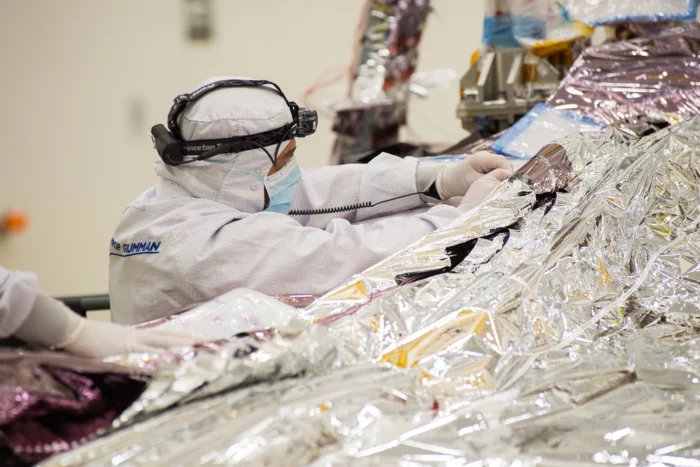
The company also supports its employees’ personal and professional development through various initiatives such as tuition reimbursement, online learning programs, and leadership training. By allowing telecommuting, shortened workweeks, and task sharing, Northrop Grumman helps its workers balance their professional and personal lives.
Furthermore, the company offers a 401(k) plan, employee stock purchase plan, and retirement benefits to help employees plan for their future. Northrop Grumman also provides discounts on company products and services, employee assistance programs, and paid time off for volunteering.
With over 25 countries and operations spanning all 50 U.S. states, Northrop Grumman employs around 95,000 individuals and maintains more than 550 facilities.
Reported number of employees: Approximately 95,000 employees.
Estimated salary ranges: The average Northrop Grumman salary ranges from US $65,502 to US $140,441 annually.
Other benefits:
- High compensation.
- Pension program and life insurance.
- Health and well-being training.
- Retirement planning.
- Career and talent development.
Visit company’s profile page.
10. Virgin Galactic
Virgin Galactic, a spaceflight company founded by Sir Richard Branson, is known for its innovative space travel approach. Along with its groundbreaking technology, the company offers various employment benefits to attract and retain top talent.
One of the most notable employment perks at Virgin Galactic is the opportunity for employees to participate in spaceflight missions. The company offers its employees discounted tickets for space travel, allowing them to experience the unique and exhilarating sensation of weightlessness.
The company also prioritizes work-life balance and provides flexible work arrangements, including telecommuting and job sharing to help employees manage their personal and professional responsibilities. Virgin Galactic invests in its employees’ professional development by offering tuition reimbursement and career development opportunities, including mentoring and leadership programs.
Furthermore, the company provides discounts on Virgin Group products and services, employee assistance programs, and paid time off for volunteering. The firm hosts company events and team-building activities to foster a positive work culture and promote employee collaboration.
Reported number of employees: 900+ employees.
Estimated salary ranges: The estimated total pay for an Engineer at Virgin Galactic is US $123,690 annually.
Other Benefits:
- Gym membership/reimbursement.
- Dental insurance.
- Optical insurance.
- Paid time off.
- Health & well-being
- Employee assistance programs and more.
Visit company’s profile page.
You may also like: Top 15 Best Space Companies in the World
Space Company Sectors
Space companies operate in various sectors crucial for space exploration and commercialization. Below are some of the most important industry sectors in the space business:
Launch Services
Companies in this sector focus on providing launch services for satellites, spacecraft, and other payloads. They design, build and operate rockets and launch vehicles to transport payloads into space. Examples of companies in this sector include SpaceX, United Launch Alliance, and Arianespace.
Satellite Manufacturing
The focus of this sector revolves around designing and building satellites for various applications, such as communications, remote sensing, and scientific research. Companies in this sector also provide integration, testing, and launch support services. Examples of such companies comprise Boeing Satellite Systems, Lockheed Martin Space Systems, and Airbus Defence and Space.
Space Tourism
Companies in this emerging sector provide individuals and groups with suborbital and orbital space tourism experience. They design and build spacecraft that can carry passengers into space while also providing training and support for the spaceflight experience. Businesses like Virgin Galactic and Blue Origin are typical examples.
Space Exploration
Companies in this sector focus on developing technologies and systems for space exploration missions, including robotic and crewed missions to the Moon, Mars, and beyond. They also provide mission planning, system design, and operations support. SpaceX, United Launch Alliance, and Arianespace are some of the few firms operating in this field.
Space Services
Such companies provide various services to support space activities, such as satellite communications, ground station operations, on-orbit servicing, space debris tracking and removal. They also provide data analysis and processing services, satellite imagery, and navigation support. SES, Inmarsat, and Astroscale are examples of firms operating in this market.
The space industry encompasses various critical space exploration and commercialization sectors, including launch services, satellite manufacturing, space tourism, space exploration, and space services. Each sector has unique challenges and opportunities, and companies that operate in these sectors play a significant role in advancing humanity’s understanding and use of space.
You may also like: What are the Best Jobs in the Space Industry?
Space Company Giants
Some big firms, known as space business giants, have substantially contributed to space exploration and commercialization. Following are some of the most well-known space companies:
Lockheed Martin: aerospace behemoth, Lockheed Martin, is a global leader in advanced technology systems and services for government and commercial clients. The corporation is active in various elements of space exploration, including the development of spacecraft and launch vehicles, mission ground support, and scientific research.
SpaceX: a private space exploration business founded in 2002 by entrepreneur Elon Musk. The company has revolutionized the space sector with its unique approach to spaceflight. The corporation built the Falcon 9 and Falcon Heavy rockets as well as the Crew Dragon spacecraft and has been utilized on multiple flight missions to the International Space Station (ISS).
Blue Origin: founded in 2000 by Amazon CEO Jeff Bezos, Blue Origin is a spaceflight firm that produces reusable launch vehicles and spacecraft. The business has successfully launched and landed its New Shepard rocket and capsule combination many times, and it is also working on its New Glenn rocket for commercial and government missions.
Northrop Grumman: Northrop Grumman is engaged in many elements of space exploration and commercialization, including satellite and spacecraft development, launch services, and ground-based system maintenance. The company is involved in high-profile space projects, including the James Webb Space Telescope (JWST).
These companies have made enormous contributions to the industry and continue to push the limits of space exploration and commercialization. Their knowledge and resources are crucial for the future of space travel and space exploration.
Best Space Startup Companies
Several space startup firms perform groundbreaking work in space exploration, satellite technology, and space transportation. Some of the most promising space startups are the following:
Orbex: based in the UK, Orbex is competing to become the first Scottish company to launch a Scottish rocket from Scotland. The business has developed a high-performance, low-carbon micro-launch vehicle to launch satellites into low Earth orbits.
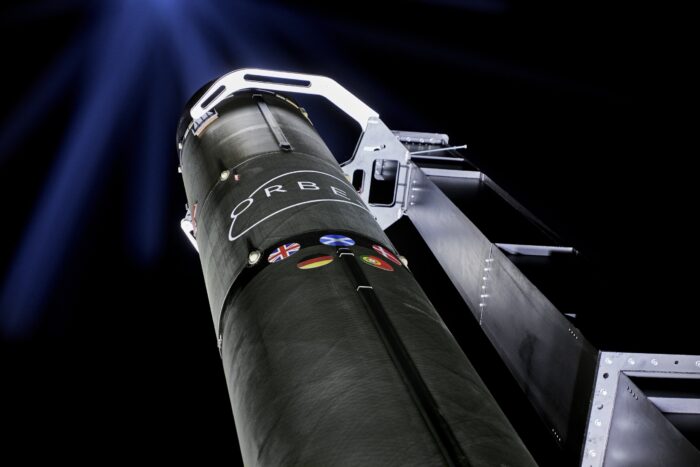
Helios: founded in 2018, the company plays a pivotal role in extracting metals, oxygen and more from lunar soil. With rising interest in establishing lunar bases, this company can mitigate high transit costs by harvesting on-site resources.
Skyrora: the Scottish startup is working on developing cost-effective technology for launch vehicles through state-of-the-art engineering methods.
Firefly Aerospace: Firefly Aerospace is an American firm developing and producing small rockets to launch satellites into orbit. The business has completed several successful test flights.
Atomos Space: The company develops orbital transfer vehicles (OTVs) to facilitate missions by providing incredible maneuverability and low-cost solutions. Their vision is to make any orbit as accessible as the low Earth orbits.
Final Thoughts
Working for a space corporation may be a thrilling and gratifying experience, particularly as we approach a new age of space exploration and commercialization. Space enterprises provide unique opportunities to work on cutting-edge technology and contribute to missions that advance human understanding.
Ultimately, if you want to work for a space firm in 2023, you must be enthusiastic, devoted, and eager to work hard. Keep up with the newest advances in the space business and look for ways to obtain experience and expand your skills.
If you found this article to be informative, you can explore more current space news, exclusives, interviews, and podcasts.
by Danial Ibrahim
Featured image: Screenshot from ‘Message from President and COO Gwynn Shotwell’. Credit: SpaceX
Share this article:

